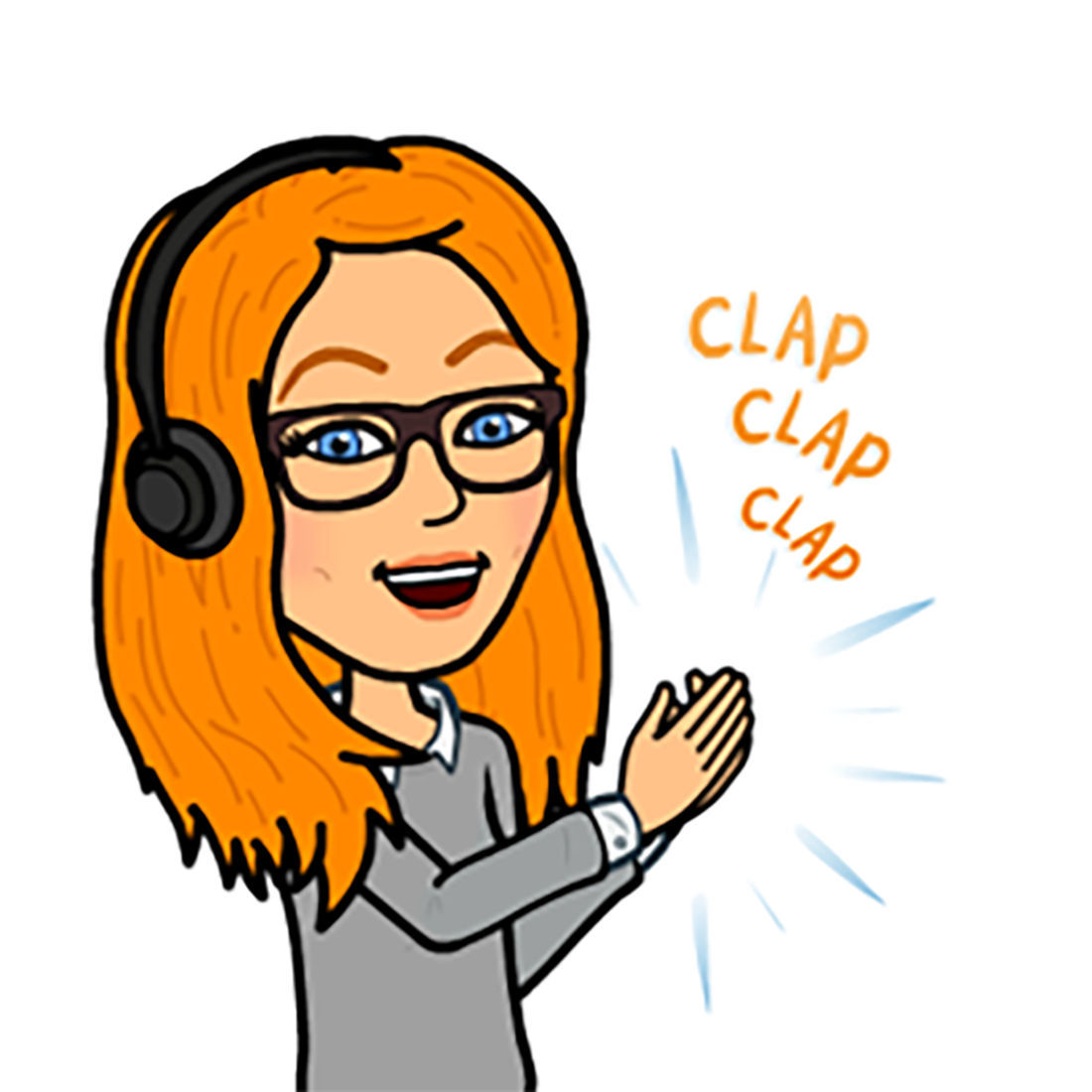Podtastic! Part II: Art of the Story
On October 30th, 1938, Orson Welles presented his story “War of the Worlds” live on national radio. As you probably have heard, the storytelling was so realistic it caused a widespread panic until Welles himself went on air to do damage control and remind people it was in fact just a story.
It just goes to show the power spoken stories have over people. While we are immersed in our screens every day, audio-only storytelling forces us to use our imagination to fill in the blanks. Even broadcasts of baseball or football take a larger-than-life quality when you’re forced to envision the players, field and atmosphere in your head instead of on a screen.
Another element is the power of the human voice. According to anthropologists, at best, we’ve been reading for 5,000 years. But we’ve been listening for more than 50,000 years. Stories told around campfires passed along history and lessons, myths and morality. Our neural networks are conditioned to respond to the sound of voices, and podcasts deliver that anywhere, anytime.
Scripted podcasts like S-Town take advantage of this wiring with a clear beginning, middle and end—and lots of human interest throughout. Other podcasts like Pod Save America or Culture Gabfest take on an interview style. Like Carson or Kimmel, good podcasters know how to get the most interesting anecdotes out of their guests. These interview-style podcasts often make you feel you’re in the studio with them. With either style, a podcast is intimate in a way other media are not. There’s nothing like the sound of human voices filling your earbuds.
Perhaps because of these factors, listeners find podcast ads to be preferable over any other digital medium. And there are lessons that we can learn from the consumability of advertising in podcasts. Announcer-read ads often don’t feel like ads because the host has actually tried the product or service, and gives their own authentic spin, many times seamlessly in the episode. If you’re a devotee to the podcast you trust their opinion and enjoy their take (sounds like influencers, doesn’t it?). For example, Pod Save America is worth listening simply for the irreverent way they deliver their sponsors messages.
The trick for advertisers is going to be, how do we keep this grassroots vibe as podcasting grows? How can we prevent the ad fatigue that people feel in a lot of other mediums? By understanding what makes podcasts so powerful, and by using the good consumer data that is on its way.
HILLARY’S ESSENTIAL STORYTELLING PODCASTS:
1. The Inquiry – Thoughtfully produced BBC World Service podcast that takes a look at a timely subject (the KKK, vote tampering) from four different expert angles. Bonus points for cool accents from around the globe.
2. Invisibilia – Some will say this podcast has jumped the shark. But I’m sticking with Alix and Hanna and their quirky take on ‘the intangible forces that shape human behavior’ What account planner wouldn’t love this?!
3. Flash Forward – The opening of every podcast is a fictional story of a possible future reality. ‘What if pets were illegal in the future? What if schools became 100% virtual?’ It’s a great mix of creativity and fact-based journalism – delivered in one of the most unique formats I’ve ever heard in a podca




